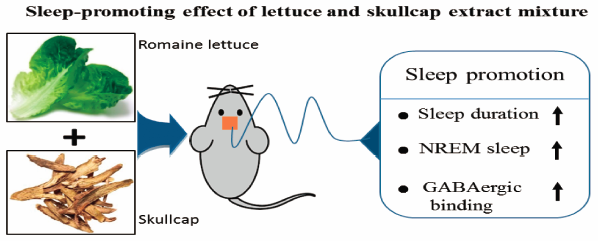- 著者
- Jonggun Kim Yooheon Park Kyong Sup Yoon J. Marshall Clark Yeonhwa Park
- 出版者
- 日本毒性学会
- 雑誌
- The Journal of Toxicological Sciences (ISSN:03881350)
- 巻号頁・発行日
- vol.38, no.5, pp.655-660, 2013-10-01 (Released:2013-09-11)
- 参考文献数
- 46
- 被引用文献数
- 4 36
Recently, scientific evidence supports a connection between environmental chemical exposures, which includes insecticides, and development of type 2 diabetes. However, there is limited information about the link between influences of neonicotinoid insecticides and incidence of type 2 diabetes. Thus, the purpose of the study was to determine effects of imidacloprid, a neonicotinoid insecticide, on glucose metabolism. Three different cell models were used; adipocytes (3T3-L1), hepatocytes (HepG2), and myotubes (C2C12). These cells were treated with imidacloprid (0, 10, and 20 μM) for 4-6 days followed by treatment with insulin for 15 min to determine responses. Insulin stimulated glucose uptake was reduced by imidacloprid in all three cell culture models. Treatment with imidacloprid reduced phosphorylation of protein kinase B (AKT), one of the major regulators of insulin signaling, without changing overall AKT expression. Subsequently, imidacloprid reduced phosphorylation of ribosomal S6 kinase (S6K), which is a downstream target of AKT and also a feed-back inhibitor of insulin signaling. These results suggest that imidacloprid could induce insulin resistance by affecting the insulin signaling cascade, particularly up-stream of AKT, in adipocytes, liver, and muscle.
- 著者
- Ki-Bae Hong Sung Hee Han Yooheon Park Hyung Joo Suh Hyeon-Son Choi
- 出版者
- The Pharmaceutical Society of Japan
- 雑誌
- Biological and Pharmaceutical Bulletin (ISSN:09186158)
- 巻号頁・発行日
- vol.41, no.8, pp.1269-1276, 2018-08-01 (Released:2018-08-01)
- 参考文献数
- 52
- 被引用文献数
- 7
The aim of this study is to investigate the effects of romaine lettuce leaves extract (RE), skullcap root extract (SE) and their mixture on sleep behaviors in vertebrate models. HPLC analysis showed that RE contains lactucopicrin (0.02±0.01 mg/g extract), chlorogenic acid (4.05±0.03 mg/g extract), caffeic acid (2.38±0.03 mg/g extract), and chicoric acid (7.02±0.32 mg/g extract) as main phenolic compounds, while SE includes baicalin (99.4±0.5 mg/g extract), baicalein (8.28±0.21 mg/g extract), and wogonin (3.09±0.32 mg/g extract). The mixture of RE (100 mg/g extract) and SE (40 mg/g extract) increased total sleep time by 50.9% compared with the control in pentobarbital-induced sleep model. In electroencephalography (EEG) analysis, RE/SE mixture significantly increased Non-Rapid Eye Movement (NREM), in which delta wave was enhanced by around 40% compared with normal control, leading to the increase of sleep time. In caffeine-induced wake model, RE/SE mixture greatly decreased (53%) caffeine-induced wake time, showing a similar level to normal control. In addition, caffeine-induced decreased of NREM and delta wave effectively increased with RE/SE mixture; NREM and delta wave increased by 85% and 108%, respectively. Furthermore, RE/SE mixture was shown to bind to a gamma-aminobutyric acid type A (GABAA)-benzodiazepine (BZD) receptor stronger than RE or SE single extract. Taken together, RE/SE mixture effectively improved sleep behavior with the increase of NREM via GABAA-BZD receptor binding. RE/SE mixture can be used as an herbal agent for sleep disorders.
